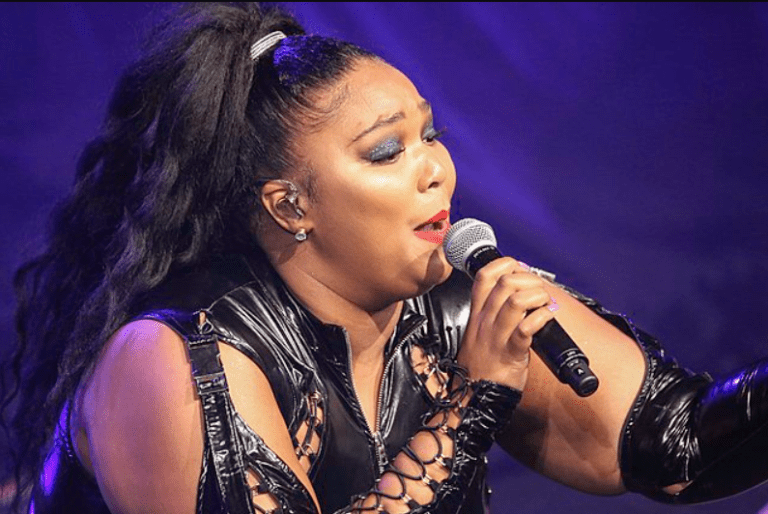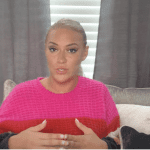
Grammy-winning singer Lizzo offered a “fresh take” on cancel culture on Twitter, arguing that the term is no longer being correctly applied.
“This may be a random time to say this, but it’s on my heart.. cancel culture is appropriation,” Lizzo tweeted. “There was real outrage from truly marginalized people, and now it’s become trendy, misused and misdirected. I hope we can phase out of this & focus our outrage on the real problems.”
Mumford & Sons co-founder Winston Marshall called it a “fresh take.” Marshall experienced what it was like to be “canceled” last year when he tweeted his support for an anti-Antifa book. The backlash became so noisy that the banjo player decided to leave the band.
Several commenters agreed with Lizzo’s description, arguing that while cancel culture used to mean consequences for individuals who may have deserved it, it is now being weaponized against good people that simply made mistakes. Others said it was effectively silencing those who have different opinions.
“Absolutely,” user Jessica Ballinger tweeted. “There are very real issues that warrant outrage… I sometimes wonder if cancel culture stems from people feeling impotent against those bigger issues, so they go after simpler targets to feel better about themselves like they did something.”
This may be a random time to say this but it’s on my heart.. cancel culture is appropriation.
There was real outrage from truly marginalized people and now it’s become trendy, misused and misdirected.
I hope we can phase out of this & focus our outrage on the real problems.
— FOLLOW @YITTY (@lizzo) January 8, 2023
“I feel like initially, the focus was on people getting consequences for their misdeeds but ‘cancel culture’ really has taken on this form of a mass effort to remove someone from their standing/place because of a perceived misdeed,” another user mused.
Several people agreed that Lizzo’s description can also accurately describe what happened with the words “Karen,” “woke,” and “triggered.” “Brings ‘triggered’ to mind,” according to one commenter. “That’s a very real thing for people with trauma histories. Now it’s a joke.”
Lizzo herself got a taste of cancel culture last year after critics accused her of using an ableist slur on one of her tracks. In the song “Grrrls,” Lizzo had sung the word “spaz.” The term, while used by some to mean “freak out,” is considered a slur in the disability community, especially for those with spastic diplegia. The artist apologized and removed the word from the song.
“It’s been brought to my attention that there is a harmful word in my new song ‘GRRRLS,'” she wrote. “Let me make one thing clear: I never want to promote derogatory language. As a fat Black woman in America, I’ve had many hurtful words used against me, so I overstand the power words can have (whether intentionally or, in my case, unintentionally). I’m proud to say there’s a new version of GRRRLS with a lyric change. This is the result of me listening and taking action. As an influential artist, I’m dedicated to being part of the change I’ve been waiting to see in the world.”
Some might argue that cancel culture needs to happen, while others believe we should take the opportunity to teach people about their mistakes and hold them accountable. Hopefully, we’ll be able to come together as a society and try to stop canceling people.


